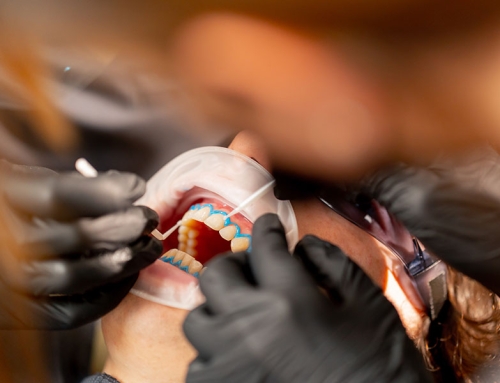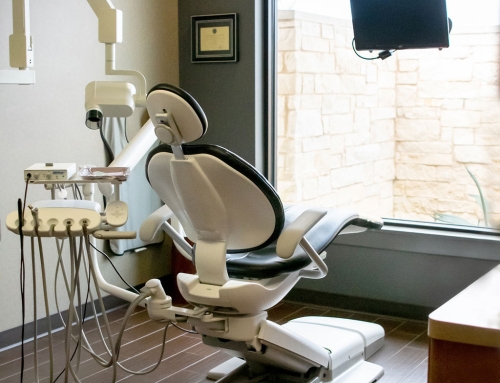Scaling and Root Planing: How Is It Done?

Gum disease, also known as periodontal disease, can become severe and painful when left untreated. To prevent this from happening, a procedure known as root planing and scaling needs to be performed. This procedure involves the use of local anesthetic to allow comfortable, extensive cleaning of areas between the teeth and gums, as well as smoothing of the root surface to make it difficult for plaque to reattach. Here are some common answers to questions regarding scaling and root planing.
The Difference from Ordinary Teeth Cleaning
A typical “regular” cleaning simply involves removal of calculus (tartar) found above the gum line with polishing of the teeth while a “deep cleaning” is much more involved. Simply, scaling can be defined as the process of removing tartar and plaque from the tooth surface. Root planing also involves smoothing of the root surfaces as well as the removal of any infected tooth structure. Again, notice that these procedures are performed below the gum line since it is this tartar that caused bone loss, gingival bleeding and pain.
Matters of Comfort and Pain
Pain felt during the procedure depends upon the amount of calculus (tartar) present, severity of the root surface condition and the depth of the pocket. However, the patient can always discuss with the dentist ways to manage any discomfort during the procedure including injectable anesthetics and topical anesthetic rinses. In addition, to ensure comfort, medication such as nitrous oxide and Valium can be used during the procedure to ease any fears or anxiety.
What to Expect After
Right after the procedure, the patient usually feels soreness in the treated areas, especially if the deeper region under the gums were treated. In addition, the teeth can feel a bit more sensitive to extreme temperatures and could possibly bleed for a while. Should there be any pain or discomfort, over-the-counter pain medications may be taken to alleviate the symptoms. Since oral hygiene is still important, brushing and flossing should not be delayed but rather gently done in order to prevent aggravating the tender areas. As an alternative, salt water, or a solution called chlorhexidine rinse, can be used to rinse the mouth.
Periodontal Therapy in Katy, Texas
Our dentists here at Welch Dental Group offer several periodontal treatments, including scaling and root planing. Find out which treatment is most appropriate for your condition by scheduling an appointment with our dental experts. You can book an appointment today by calling us at 281-395-2112. We look forward to hearing from you!
Visit Welch Dental Group today – a safe, comfortable, and welcoming environment for every dental patient, including you and your family. Here at our practice, you will feel involved in your care when you are given a choice in the way your treatment is provided. Call us at 281.395.2112 or fill out this contact form to schedule an appointment.




